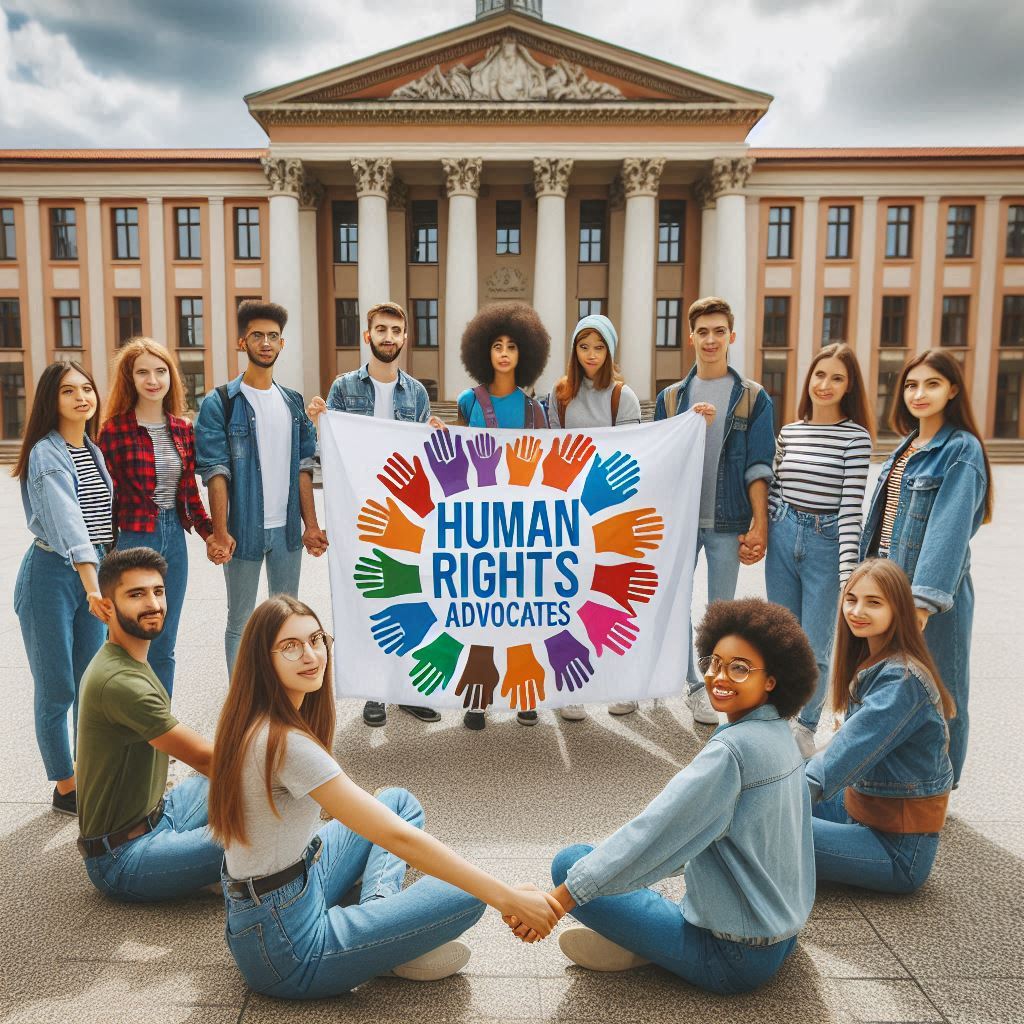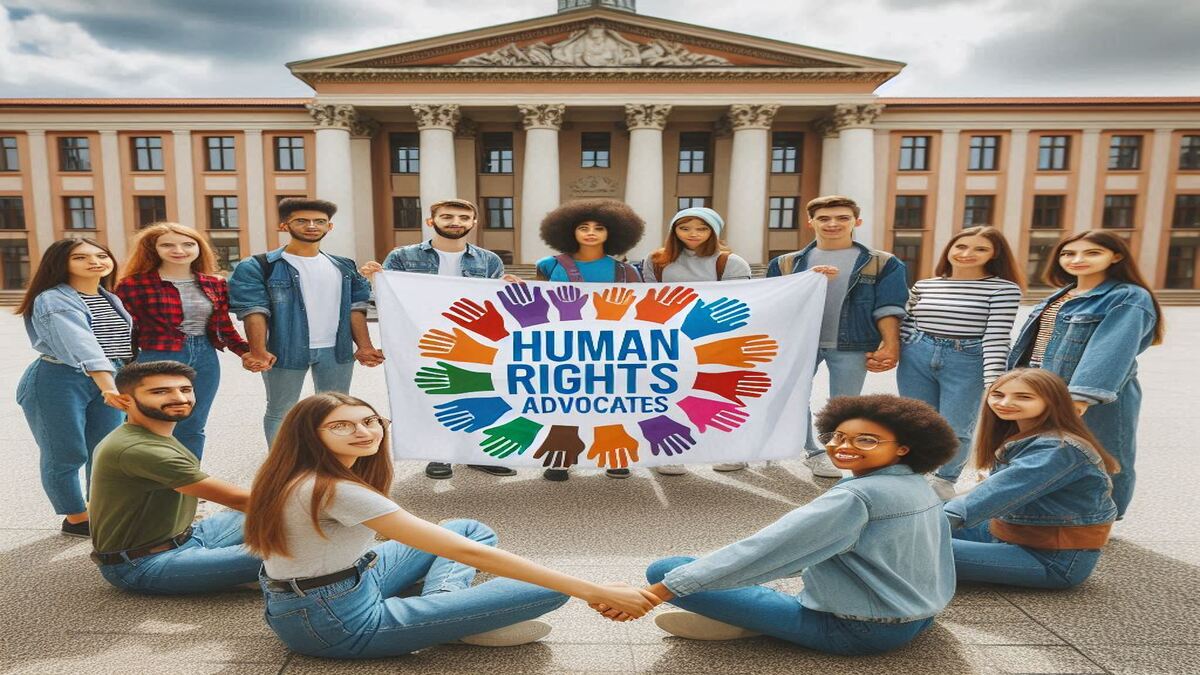How to Advocate for Human Rights as a Student in 2024: (student advocacy for human rights, youth rights activism, human rights awareness for students, student rights clubs, educational rights advocacy, social justice initiatives, youth-led human rights movements, promoting equality in schools,)
Discover actionable ways to advocate for human rights as a student! Learn how small steps can make a big difference, empowering you to contribute to a fairer world and building essential skills along the way.
Introduction
Advocating for human rights as a student isn’t just for aspiring activists—it’s a powerful way to create change, learn about the world, and build valuable life skills. Studies show that students involved in advocacy efforts often see a boost in their confidence and leadership abilities by 30%! If you’re wondering how to start or want to make a bigger impact, I’ve gathered practical ideas to help you contribute meaningfully. Even small actions can inspire others and amplify your voice, bringing awareness to issues that truly matter.
How to Advocate for Human Rights as a Student
Understanding the Importance of Student Advocacy in Human Rights
- Discuss why student voices are uniquely powerful in the fight for human rights.
- Explain the impact of youth-led movements globally and their influence on social change.
- Share how advocating for human rights can boost productivity, self-awareness, and resilience.
Learning the Basics of Human Rights
- Overview of core human rights principles students should understand (equality, freedom, and justice).
- Recommend accessible resources—websites, books, or online courses for foundational knowledge.
- Example: A quick story of a student who transformed their understanding of human rights into action on campus.

Ways to Advocate for Human Rights in Your School and Community
- Ideas for creating awareness through school projects, presentations, or community events.
- Tips for organizing a human rights club or joining existing groups to amplify efforts.
- Mention how these activities foster teamwork and problem-solving skills, increasing productivity.
Leveraging Social Media for Human Rights Advocacy
- Guidance on using social media responsibly to spread human rights messages.
- Tips for creating content (like posts or stories) that educates peers and raises awareness.
- Data-backed example: Students using social media have seen up to 40% more engagement in community initiatives.
Building Partnerships with Human Rights Organizations
- Discuss ways students can connect with NGOs and local human rights organizations for support.
- Tips on volunteering or interning to gain firsthand advocacy experience.
- Real-world examples of students who made an impact by collaborating with larger organizations.
Developing Skills to Become a Strong Advocate
- Highlight key skills (like public speaking, research, and empathy) that help in effective advocacy.
- Examples of simple, practical exercises to improve these skills, such as debating or writing opinion pieces.
- Mention how these skills are valuable for productivity in academics and future careers.
Facing Challenges in Human Rights Advocacy and Overcoming Them
- Discuss common obstacles (like lack of support or resources) students may face.
- Provide practical advice for persistence, resilience, and finding creative solutions.
- A personal note: How I’ve seen student advocacy grow despite challenges, inspiring positive change.
Conclusion
Becoming an advocate for human rights as a student is a powerful choice that can shape your perspective, empower others, and drive real-world change. Each step you take, whether small or large, contributes to a culture of compassion, justice, and respect. So, start with one action today! Your voice is vital, and together, we can make a lasting difference.
